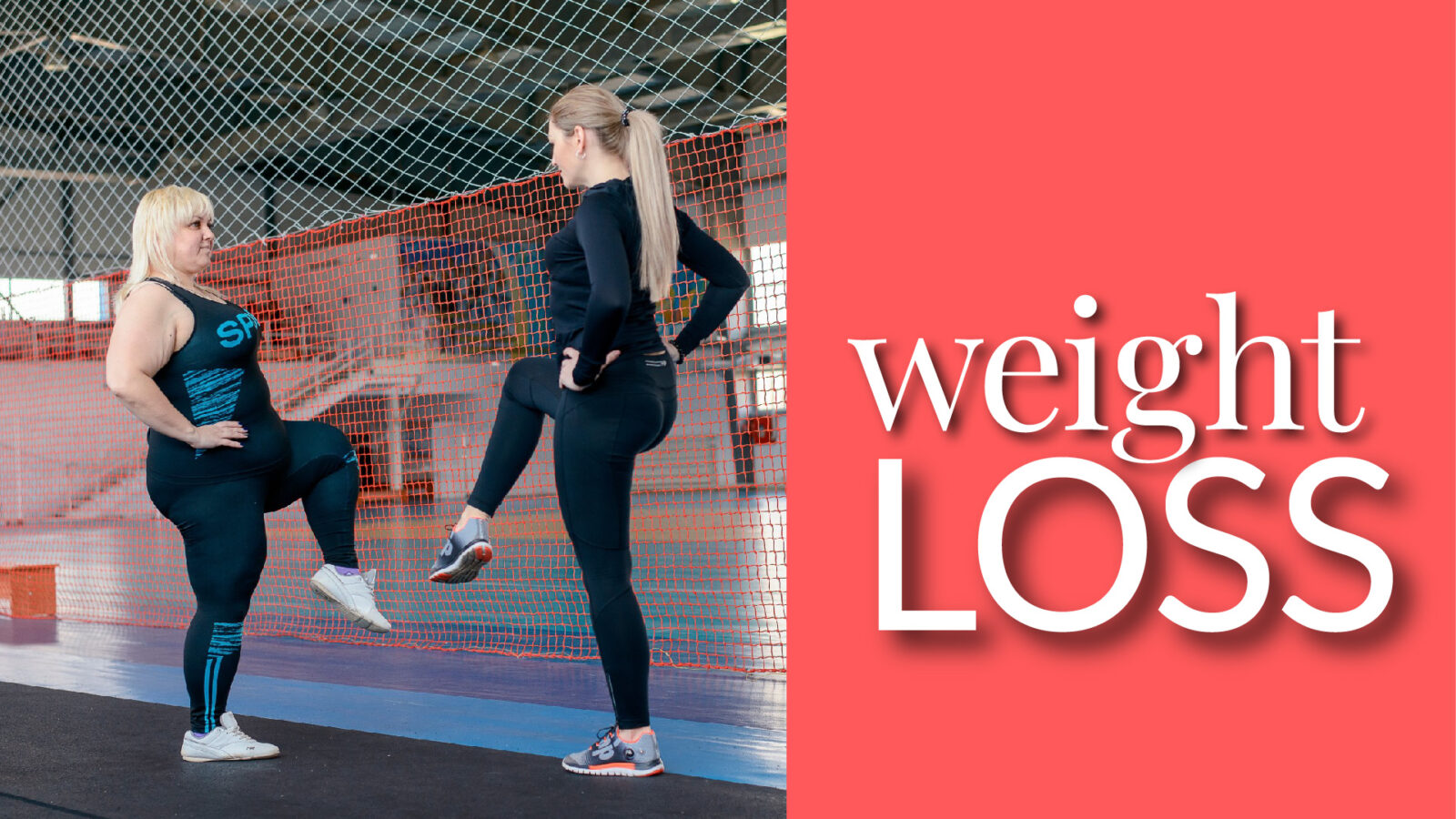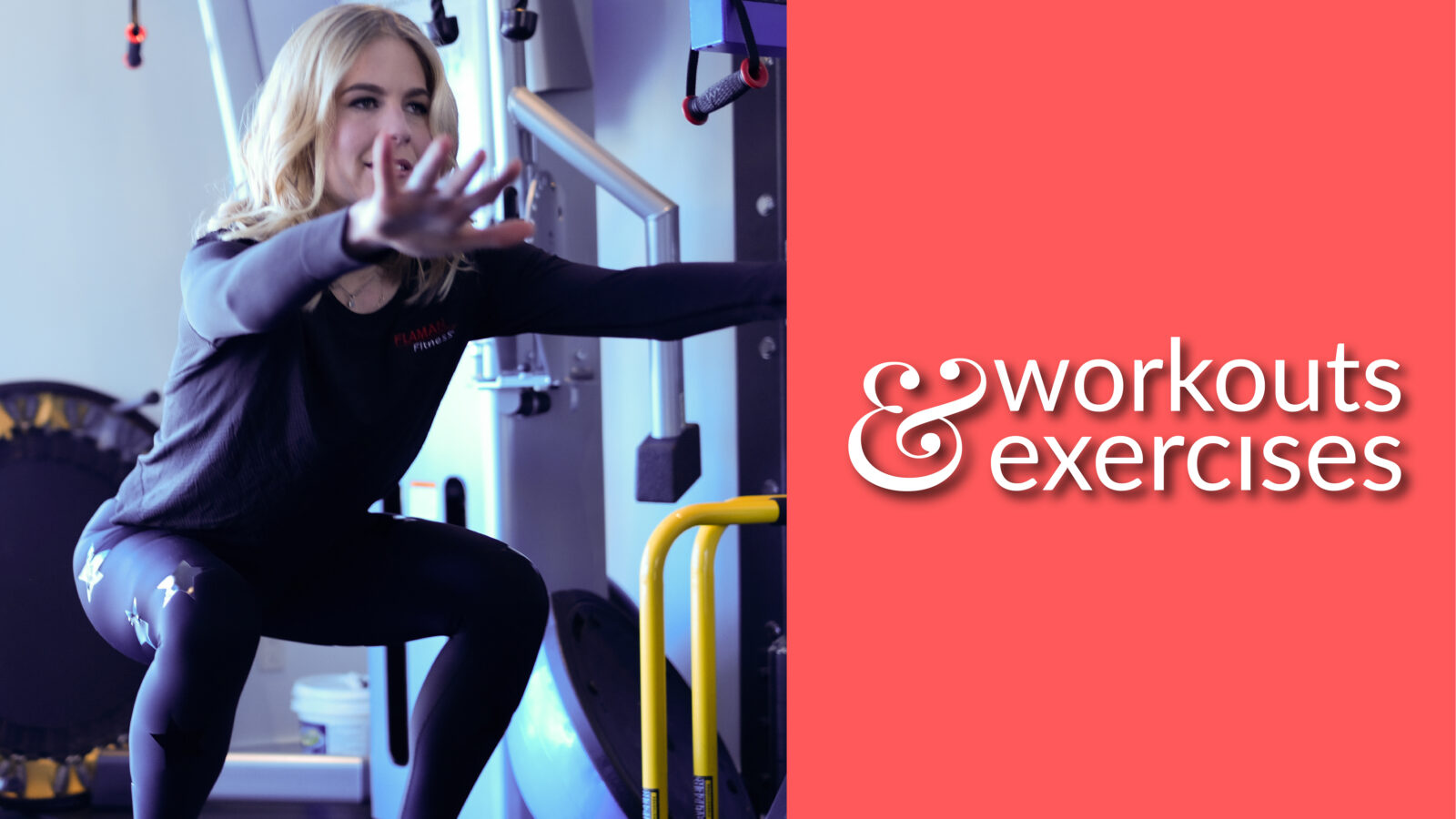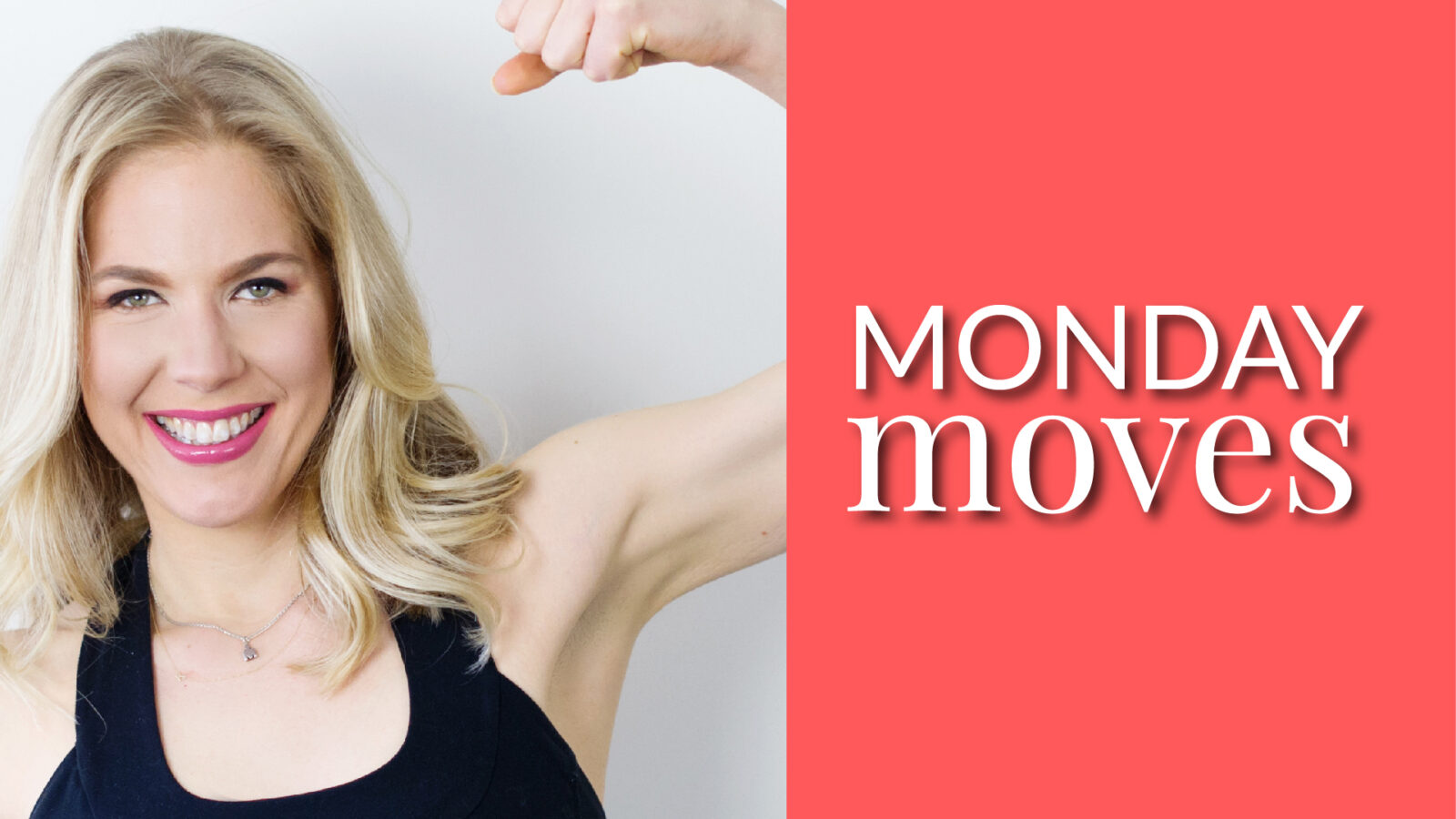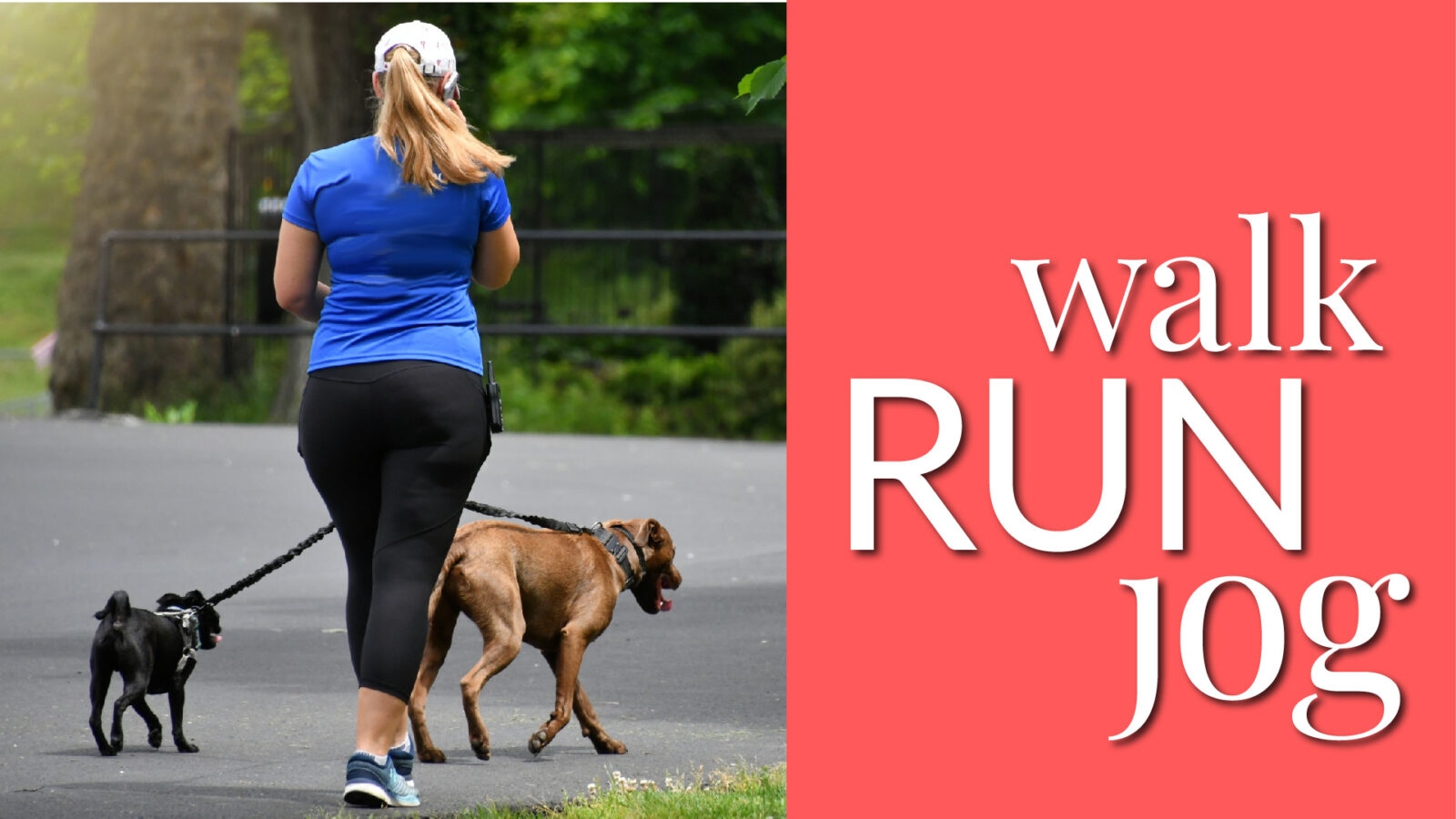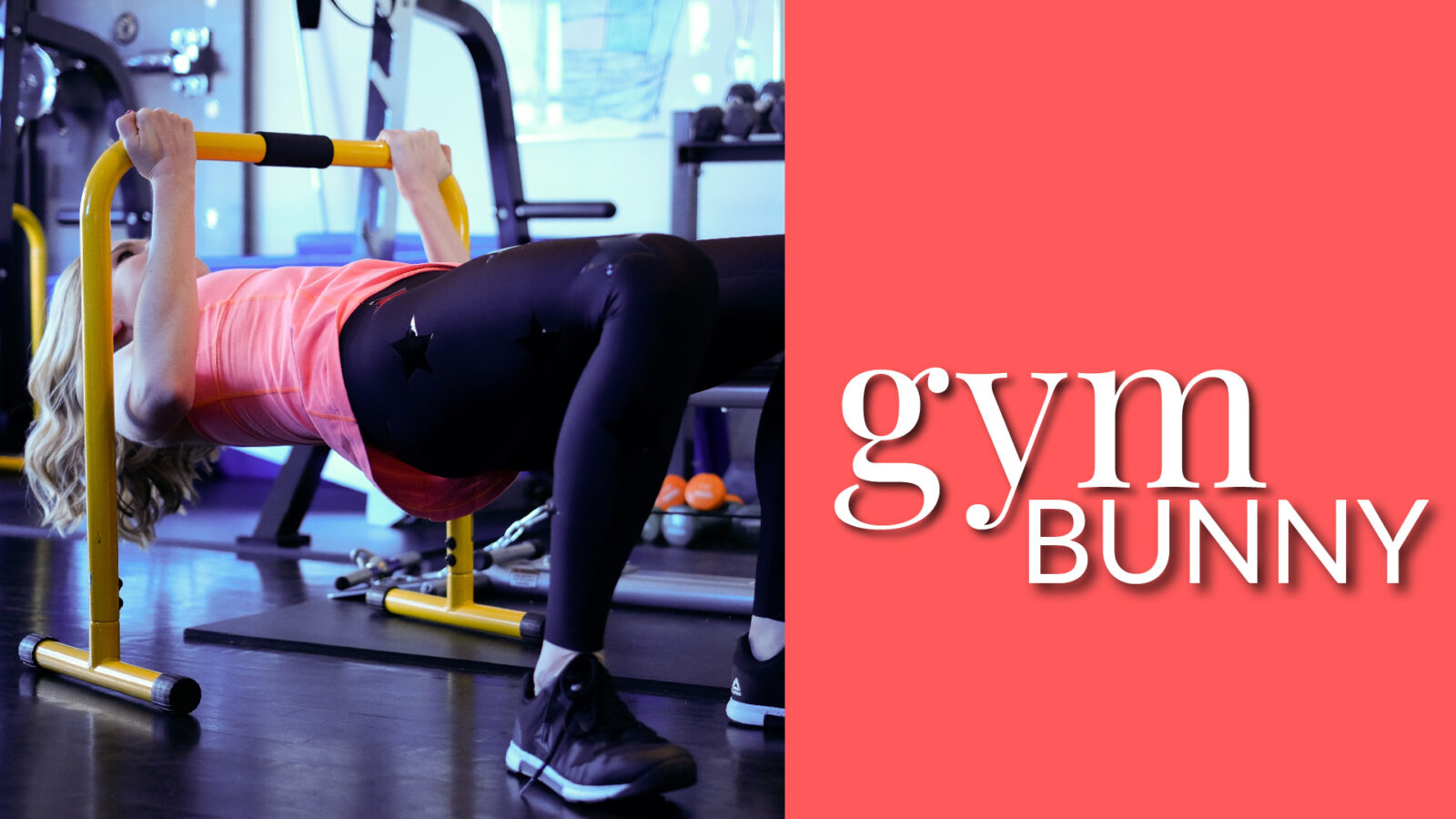Family Fitness

Encourage family activities that don’t revolve around the TV. That doesn’t always mean “sports” — even going to a museum and/or being a tourist in your own city involves walking and exploring. Play sports with your kids — sports that you love, but also allow your kids to drive the activity.
Really, just play. Even playing “cars” or “Barbie” on the floor involves moving and crawling. Manage TV time. Sign your children up for their own sports so they have their own “community” — something that is theirs, a safe space. Then go and support them. Build activity into family holidays — explore wherever you are going on foot or by bike. That said, when it comes to health, the “knowledge/action” piece is usually the easy piece.
After a certain age you can’t make your child do anything. Adopting a healthier lifestyle is an active process; no one can force anyone else — no matter how much they love them — to adopt a healthier lifestyle. No matter how much you want your X (plug in wife, husband, child, etc.) to make different health choices, until they decide to do it for themselves, the life changes won’t stick. To make matters worse, too often helpful encouragement is perceived as judgment and criticism — as I always say, perception and intent are two different things. For more info on this topic.
SPORTINGKID LIVE: As someone who works with athletes of all ages what is a common problem that you see?
TROTTER: That “recovery” is something you do “when you have time.” Exercise (especially high-impact activities like running) stresses the body. Exercise is only a positive stress if you give your body the ingredients it needs to recover. The harder you train the harder you have to recover! Recovery allows the body to become stronger, leaner, and generally healthier. Being under-recovered is just as bad as being under-trained; being under-recovered leads to exhaustion, lethargy, muscle aches, trigger points, and stiffness, and left long enough it will lead to injury. Embrace the critical importance of well-placed recovery workouts, positive sleep hygiene, and a nutritious diet. For more information.
SPORTINGKID LIVE: Motivation is so important, so as a trainer how do you inspire young athletes on those days where you sense their energy levels or enthusiasm are running low?
TROTTER: Bring back the fun. Find the joy. Most athletes get into their sport (at least initially) because they love it. Unfortunately, grueling schedules and life stressors can grind that love down, making that initial love (and the drive and motivation that comes with love and passion) momentarily hard to find. So, find ways to bring it back. I love (like love) running, but sometimes it starts to feel like a chore. I know that when running feels like a “half to” versus a “get to” I have to find ways to infuse some joy and variety into my workouts. I ask a friend to run with me, download new music, try a new running route, or even go wild and crazy and ditch the run for the day in favor of a dance class or a trampoline workout. Sometimes a change is as good as a break. Sometimes we all need a good smile.
SPORTINGKID LIVE: When young athletes are at home and are tempted to skip exercising because they aren’t motivated, or tempted to eat unhealthy foods, what are some ways they can stay focused and not get sidetracked?
TROTTER: I am a big believer in both the “pause” and having pre-scripted self-talk ready to use during that pause. Taking a conscious pause between the moment of “want” and “act” allows you to step away from the “dance floor” of your life onto the balcony so you can objectively observe your life and your decisions. When your inner negative brain propaganda tries to convince you that you “need” that cookie or to skip a workout, take a pause and ask yourself, “Will my future self be happy if I do this? Why do I have this desire? Am I actually hungry or am I sad, lonely, tired, etc.?”
The title Your Fittest Future Self was inspired by my inner dialogue — my “Kathleen-to-Kathleen” motivational “in the pause” self-talk. When I don’t want to exercise I say — out loud if I can because it seems more official — “Kathleen, your future self will be happier and healthier if you work out. Blah, blah, blah … JUST DO IT!” Or when my alarm goes off and I want to hit snooze I say, “Kathleen, you think you want to hit snooze, but your future self will be SO frustrated if you stay in bed. Get up NOW. Your day will be better if you get up NOW — you set your alarm for a reason.” Or when I want to overeat, I make myself take “the pause” and I say, “Kathleen, you want this now, but your future self will not be proud or happy if you eat this. You won’t sleep as deeply. You will feel foggy … and eating sugar will simply make you crave more sugar.”
Basically, I “lean in” to self-talk. I consider productive self-talk the key to making better choices. I also lean in to the idea that your future long-term health is a product of the choices you make in each current moment. That slightly crass saying “A moment on the lips is a lifetime on the hips” has some merit, if only in as far as it points out that what we think we want in each moment is not often what we want for our long-term health. Too often we don’t reach our health goals because we let our impulses and desires — our negative brain propaganda — cloud us into making decisions that are ultimately not productive. Negative brain propaganda helps us rationalize choices that will not result in healthier, happier versions of us. A fitter you is possible; you just have to learn how to fight your negative brain propaganda, take a pause, and make choices that your future self will be proud of.
SPORTINGKID LIVE: Since so many young kids (and adults) view exercise as miserable what are some ways to help reframe and refocus to have a more positive attitude and accomplish more?
Originally published at NAYS

.png)


